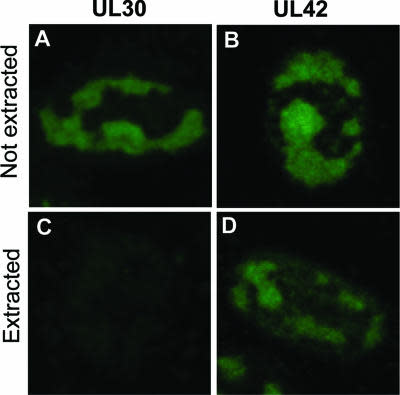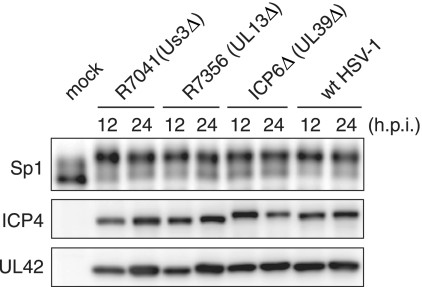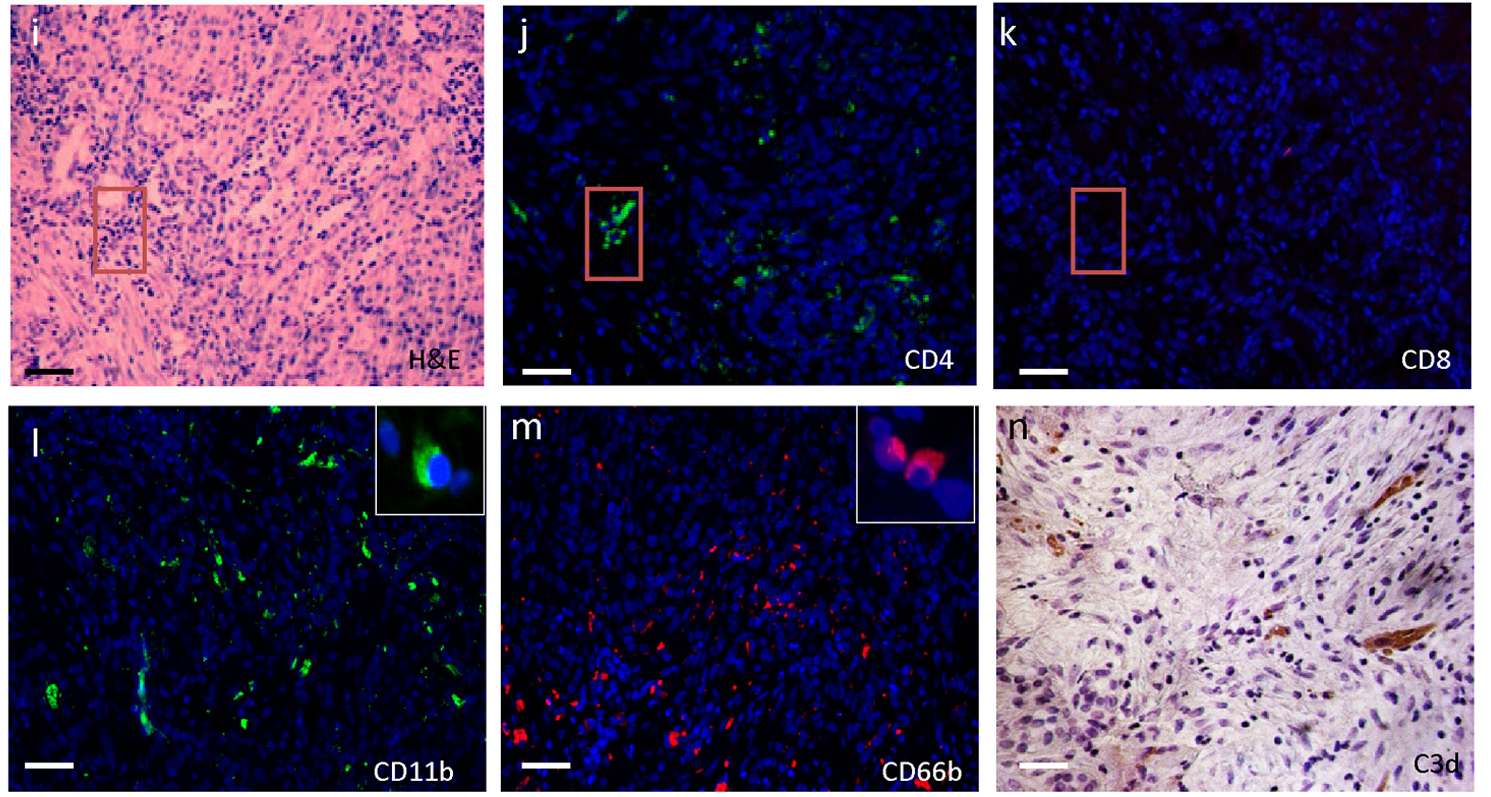
Cat. #162064
Anti-Anterior gradient 3 [AGR3.2]
Cat. #: 162064
Sub-type: Primary antibody
Target: Anterior gradient 3
Class: Monoclonal
Reactivity: Human
Host: Mouse
£300.00
This fee is applicable only for non-profit organisations. If you are a for-profit organisation or a researcher working on commercially-sponsored academic research, you will need to contact our licensing team for a commercial use license.
Contributor
Institute: Moravian Biotechnology
Tool Details
*FOR RESEARCH USE ONLY
- Name: Anti-Anterior gradient 3 [AGR3.2]
- Clone: AGR3.2
- Tool type ecom: Antibodies
- Tool sub type: Primary antibody
- Class: Monoclonal
- Conjugation: Unconjugated
- Molecular weight: Calculated: 19,6 kDa; SDS-PAGE mobility (reduced): 19-20 kDa.
- Reactivity: Human
- Host: Mouse
- Description: Antibody created to detect the endogenous AGR3 protein (with weaker affinity than the Mouse anti- Anterior gradient 3 monoclonal antibody (AGR3.1]). Binding specificity: human AGR3 protein. Epitope QYSQALKKV (determined using pepscan)
- Immunogen: Purified human AGR3 protein
- Isotype: IgG1 kappa
- Production details: B cell donor: Splenocytes from mouse immunised with purified AGR3 protein, fusion partner: SP2
Target Details
- Target: Anterior gradient 3
- Molecular weight: Calculated: 19,6 kDa; SDS-PAGE mobility (reduced): 19-20 kDa.
- Target background: AGR3 (Anterior Gradient 3) is a human homologue of the XAG-2 protein expressed in Xenopus laevis, which was identified in a study analyzing mRNA expression in ER-positive breast cancer-derived cell lines. The coding sequence of the AGR3 protein is located on the chromosome at position 7p21. AGR3 expression in ovarian cancer is independent of oestrogen-receptor expression, which is distinct from the oestrogen-receptor dependent expression of AGR3 in breast cancers. Isogenic cancer cell models were created that over-express AGR3 and these demonstrated that AGR3 mediates cisplatin-resistance in mouse xenografts. These data indicate that AGR3 is over-expressed by a hormone (oestrogen-receptor ?)-independent mechanism and identify a novel protein-folding associated pathway that could mediate resistance to DNA-damaging agents in human cancers.
- Epitope sequence: QYSQALKKV of Anterior gradient 3
Handling
- Format: Liquid





